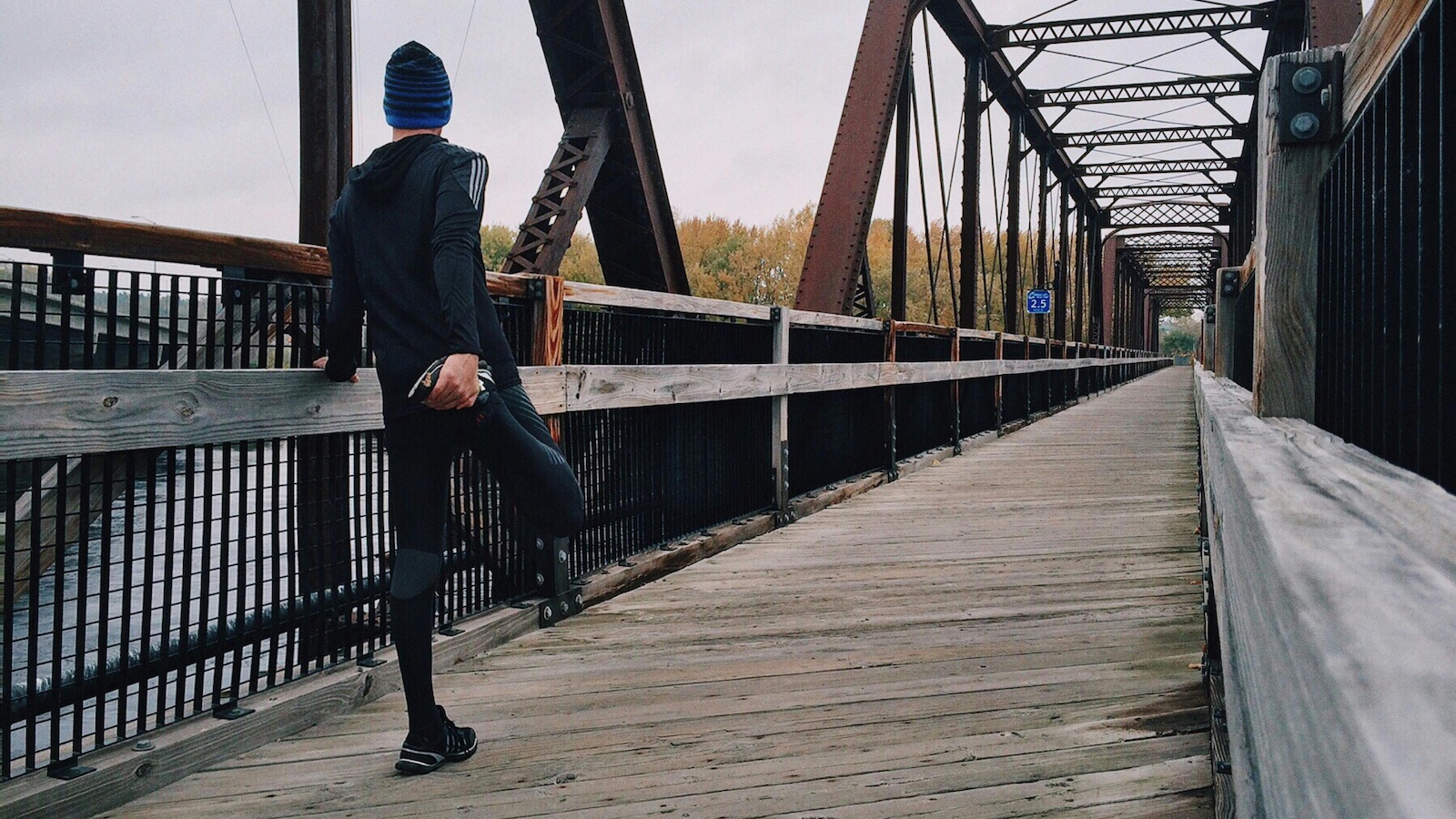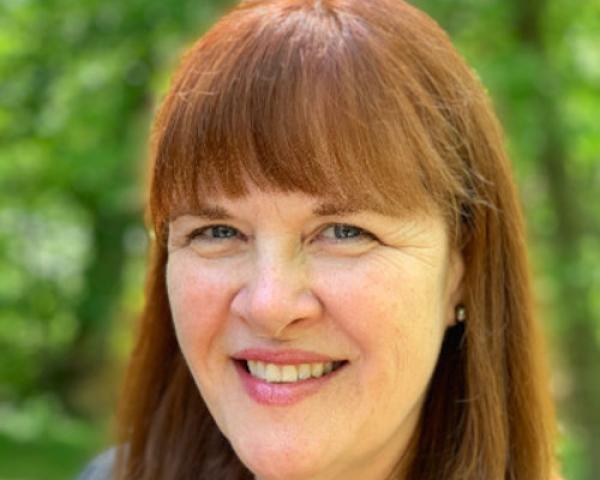Why should all of us be concerned about solo aging? According to the U.S. Census Bureau, by 2034, there will be more people 65 years and older (77 million) than there will be under the age of 18 (76.5 million). One-quarter of baby boomers (born 1946-1964) did not have children, and about one-third of Americans aged 45-62 are currently single.
If someone has never married, has divorced, doesn't have children or loses a spouse or family support, there is a good chance that person will become a solo ager at some point in their life. A solo ager may not have the resources that people with families or close friends have, and because of this, they need to pay special attention to the challenges of aging.
These solo agers, or those who think they may be a solo ager, need to evaluate their own support network, understand how to avoid social isolation, be clear about financing their retirement (including a financial care plan), have control over healthcare decisions for themselves, and more. Not having a plan can mean going into financial instability or poverty, losing control over choices for your life and your health, and putting a solo ager in unnecessary risk. It can also mean fewer years of independent living as that person ages. With a plan that reflects a solo ager's medical, legal, financial and personal wishes, solo agers can live with more freedom and security.
Who is a "Solo Ager?"
The term "solo ager" refers to individuals, typically in their mid-50s or older, who are aging without the support of a spouse, adult children, close family members, or close friends. If they do have family and close friends, but they geographically don't live close, this can also make them a solo ager. This situation can arise from various circumstances, such as being widowed, divorced, never married, or having no children. Some solo agers may have previously benefited from strong family support systems but lost them due to life events like death, divorce, or estrangement. Despite these challenges, solo agers approach their future with optimism, often seeking community resources and planning ahead to meet their needs [1][2][4].
This demographic faces unique challenges related to social isolation and caregiving, highlighting the growing need for community-based support networks tailored to their needs[8].
Historically, when an aging parent or loved one needed assistance with healthcare and caregiving matters, their adult child(ren) or other younger family members were available to help. As the data makes clear, in the case of the current senior populations, there are fewer adult children to provide assistance. For those who did not have children, ensuring support as they age requires an extra layer of planning to make sure that supports are in place when needed and tat they have control over choices like aging at home or medical treatment preferences.
Challenges Solo Agers Face
Solo agers face unique challenges at each stage of aging. These include physical, emotional, financial, and logistical needs. Here is an overview of the key difficulties a solo ager may encounter and strategies to address them effectively:
1. Social Isolation and Loneliness
- Solo agers are more prone to loneliness and emotional isolation due to the lack of immediate family or close confidants [1][5][8].
- They may struggle to maintain social connections, particularly as they age and face reduced mobility or functional limitations [4][5].
- Many solo agers report feeling left out or isolated, with fewer opportunities for community engagement compared with others in their age group [2][3].
- Solo agers experience higher rates of depression and poor mental health compared with those with family support networks [3][5].
- The combination of loneliness and limited emotional support exacerbates these mental health challenges [5].
2. Health and Caregiving Concerns
- A significant worry among solo agers is losing independence, physical strength, or memory, with many lacking a caregiver to assist them during health crises [2][6][8].
- They are at higher risk for inadequate care or care that does not align with their wishes due to the absence of family or legal advocates [6][7].
- Chronic illnesses and falls are more common among solo agers, yet many do not have plans in place for medical decision-making, a medical alert system or caregiving support [6].
3. Financial Insecurity
- Solo agers often fear running out of money or being unable to afford in-home paid care as they age [2][6]. They often do not have a financial care plan.
- Managing finances independently can be challenging, especially without trusted individuals to assist with complex decisions like estate planning, long-term care arrangements [7] or basic bill paying, if they were in the hospital or in recovery.
4. Housing Challenges
- Most solo agers live alone in houses or apartments that may not be suitable as they age, yet few have made modifications or explored alternative housing options such as senior communities [2][4].
- The lack of planning for future living arrangements can lead to difficulties in maintaining independence or accessing necessary support services [2].
- Waiting lists for subsidized housing are becoming unrealistic, and with anticipated cutbacks in government funding this is going to become an even more serious issue.
- They may have a pet or pets and no plan in place if they are in the hospital or unable to care for them.
5. Legal and Decision-Making Gaps
- Many solo agers lack designated individuals (e.g., healthcare proxies or executors) to make critical legal, medical, or financial decisions on their behalf if needed [6][7].
- This gap leaves them vulnerable in emergencies and can complicate recovery or end-of-life planning [7].
6. Vulnerability to Scams
- Solo agers are increasingly concerned about falling victim to scams due to their perceived isolation and lack of trusted advisors [2].
To address these challenges, experts recommend planning in areas like healthcare, finances, housing options, security concerns, and social engagement while building strong peer networks for mutual support.
Preparation
The good news is aging solo challenges can be addressed with professional planning and strategies that align with personal preferences. It is possible to live a fulfilling and independent life, even into our 80s or 90s. Here are key approaches to making solo aging easier and more secure:
1. Acknowledge and Plan for Challenges
- The first step is accepting that aging alone requires taking charge of putting a plan in place, including health needs, finances, legal issues, and social connections. It also requires education about these issues, the range of choices available, and how they apply to your life.
- Legal and financial planning: Prepare essential documents such as wills/trusts, powers of attorney (both medical and financial), healthcare directives, and financial retirement and care plans to ensure your wishes are respected and legal. Work with an elder care attorney who is experienced and vetted. Don't download wills or other documents form online sites. If they are legally challenged, you will need someone to advocate for you.
- Plan for future care: Explore options like Continuing Care Retirement Communities (CCRCs), in-home care services, and long-term care insurance to ensure support when needed. While most people prefer to remain in their own homes, that may not always be possible or less costly. Understanding all your options is key to evaluating what is best for a solo ager and the plan that gets put in place.
2. Build a Support Network
- Cultivate meaningful relationships: The sad thing about aging is losing friends and relatives along the way. Isolation can lead to depression and accelerate dementia.
- Develop connections with new friends, neighbors, or community groups to reduce isolation and create a reliable support system.
- Engage in community activities: Join local clubs, volunteer organizations, or hobby groups to expand your social circle and maintain engagement with others. If mobility is an issue, there are online networks.
- Consider different types of senior living communities: These can provide companionship and resources tailored to solo agers. Many communities offer a great lifestyle and are far different from nursing homes you might have visited 30 years ago.
3. Stay Active and Healthy
- Physical health: Regular exercise and a balanced diet are essential for maintaining strength and well-being. Daily walks and weekly meal planning can support better aging.
- Mental health: Practice mindfulness, take up hobbies, or engage in activities that bring joy and peace. Be open to talking to your doctor or a licensed professional, if mental health support is needed.
- Daily structure: Establish routines to create purpose and reduce feelings of loneliness.
4. Foster a Sense of Purpose
- Volunteer or mentor: Contributing your time to causes you care about can provide more quality of life.
- Pursue hobbies: Activities like gardening, crafting, or writing can add meaning to your daily life.
5. Embrace Technology
- Use tools like video calls, social media, or online communities to stay connected with loved ones and access information or resources.
6. Seek Professional Support
- Consult geriatric care managers, counselors, or other professionals for personalized advice on navigating the complexities of solo aging.
- Therapy can help address feelings of loneliness or anxiety while providing strategies for emotional resilience.
By addressing the need for an aging well plan, solo agers can create a life, as they age, that can be healthier, more secure, and more fulfilling. It can also potentially mean aging better and more years of independence.
Resources
• https://www.SeniorFinancialLife.com
• https://navigatingsolo.com/resources
• https://www.beaconpatientsolutions.com/solos
• https://theconversationproject.org/
Sources – Who is a "Solo Ager?"
[[1] What Is a Solo Ager & How Do You Market to Them? https://seniorlivingsmart.com/blog/what-is-a-solo-ager-how-do-you-market-to-them/1]
[2] What is a Solo Ager? | Keiro https://www.keiro.org/features
[3] The Solo Ager™ | Healthy Aging. Together. https://thesoloager.com
[4] No Kids to Rely On? Seven Things Solo Agers Must Do Now https://www.kiplinger.com/retirement/things-solo-agers-must-do-now
[5] Solo Agers Facing the Future Need a Network of Friends - AARP https://www.aarp.org/caregiving/basics/info-2022/solo-agers.html
[6] How to Live Well While Aging Solo - Hebrew SeniorLife https://www.hebrewseniorlife.org/blog/how-live-well-while-aging-solo
[7] Aging Alone Together® | DOROT https://dorotusa.org/agingalonetogether
[8] Confronting the Challenges of Solo Aging - ASA Generations http://generations.asaging.org/confronting-challenges-solo-aging
Sources - Challenges
[1] Maneuvering The Unique Challenges of Solo Aging https://gnanow.org/blogs/maneuvering-he-unique-challenges-of-solo-aging.html
[2] Solo Agers Express Contentedness and Concern - AARP https://www.aarp.org/pri/topics/aging-experience/solo-agers-contentedness-concerns/
[3] Mather Institute report details unique risks for 'solo agers' https://www.mather.com/archives/21863
[4] The Concerns of Solo Aging - Elder At Home https://www.elderathome.com/the-concerns-of-solo-aging/
[5] The Risk for Loneliness and Major Depression among Solo Agers https://pmc.ncbi.nlm.nih.gov/articles/PMC10081956/
Sources - Preparation
[1] Aging Alone? How to Build Your Support System for Successful Solo ... https://thekensingtonwhiteplains.com/aging-alone-support-for-solo-aging/
[2] Navigating Solo Aging: Planning for the Future - Care.com https://www.care.com/c/solo-aging/
[3] 7 Tips To Overcome The Challenges Of Solo Aging https://www.moradaseniorliving.com/senior-living-blog/7-tips-to-overcome-the-challenges-of-solo-aging/
[4] Thriving in Solo Aging: Tips for Baby Boomers Living Alone https://rhythmshomecare.com/blog/thriving-in-solo-aging-tips-for-baby-boomers-living-alone/










